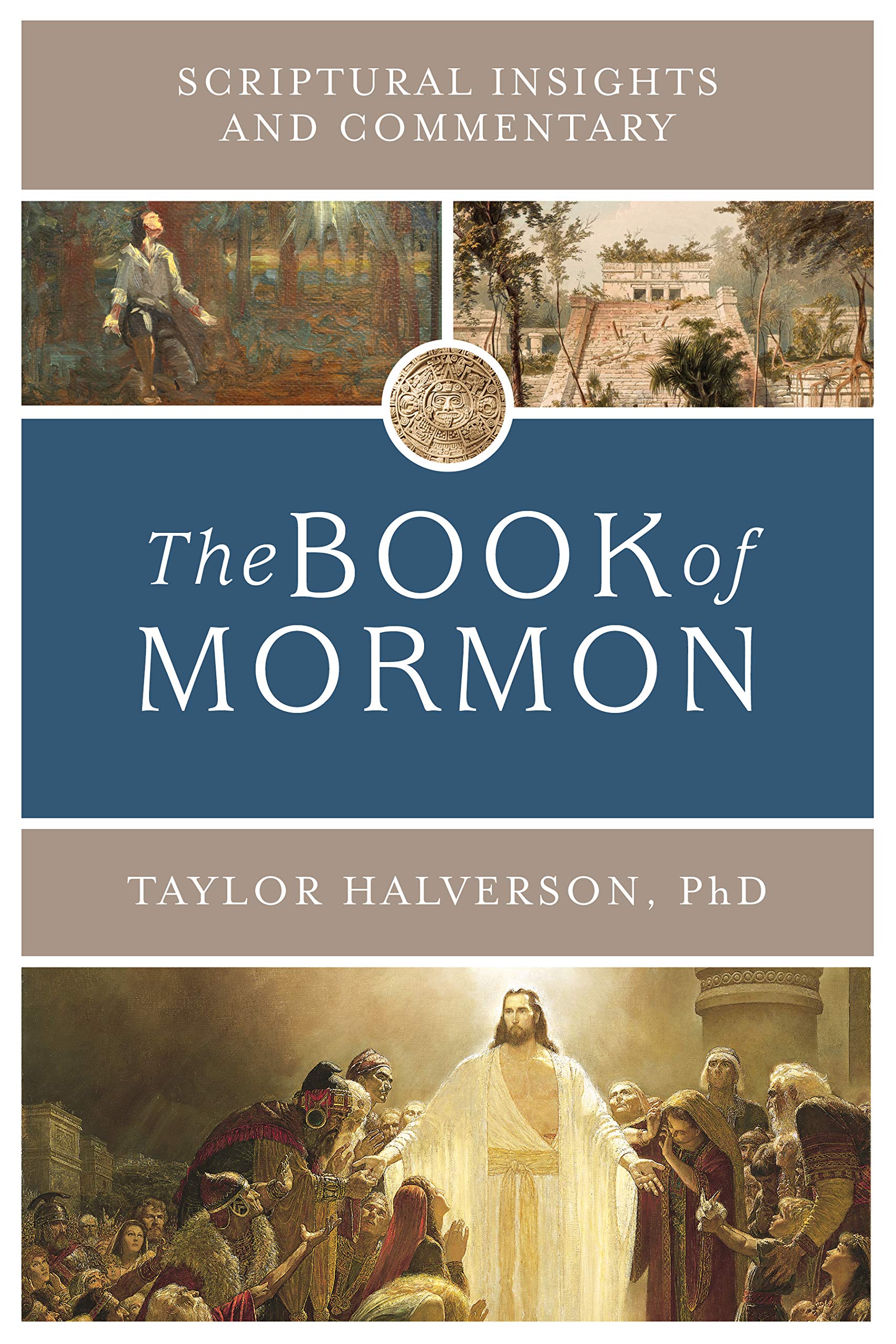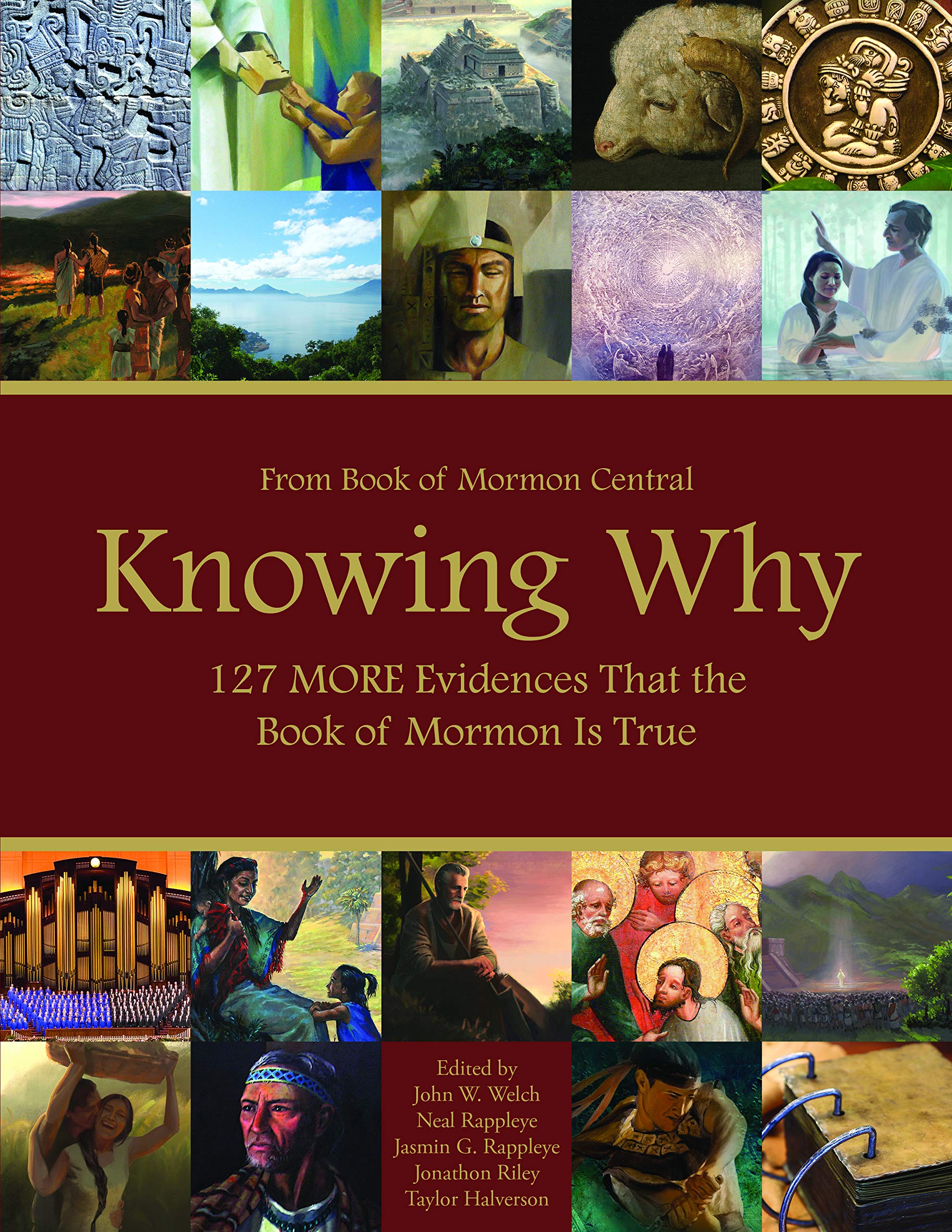During this cherished season of the year when we celebrate the birth of Christ, I love to turn to the enduring words of prophecy laid down by the venerable prophet Isaiah. Speaking more than seven centuries before the King of Kings made His entry into the world, Isaiah pithily described the reason for the birth of Jesus Christ.
“For unto us a child is born, unto us a son is given: and the government shall be upon his shoulder: and his name shall be called Wonderful, Counsellor, The mighty God, The everlasting Father, The Prince of Peace.” (Isaiah 9:6)
Made famous by Handel’s Messiah, I cannot help but hear the voices of angels singing those golden words every time I read them, drums cascading in the background. These beloved words, so evocative of our loving appreciation for who Jesus is, deserve tender review and consideration. Let’s review each phrase and listen anew for what we can learn from this beatific revelation.
For unto us a child is born
This phrase could be translated from the Hebrew as “A child is born for us!” This was no ordinary child. Every day across the earth unnumbered souls enter into the world. Each is a beloved son or daughter of God and of earthy parents. But only one child was born for all of us—Jesus Christ. He was born on our behalf. He did not come simply to fulfill His own will or to meet His own needs. Jesus was born that our most sacred and personal needs would be met. He was born that He might live, teach, die, and live again to mark the path that we might follow.
During this season, how have you experienced that Jesus was born for you?
Unto us a son is given
From the Hebrew, we could render this phrase as “for unto us a son is given.” Though in the passive, the actor behind the given is God the Father offering His only begotten son to us. Indeed, the word “begotten” means “fully given” or “fully handed over” or “fully delivered.” God held nothing back. In His Son He gave us 100%. He gave us everything. Isaiah in his proficient poetic style paired the phrases “For unto us a child is born” and “Unto us a son is given” to be mutually enhancing in their meaning.
Question to ponder: How have you felt that Jesus was given to you?
And the government shall be upon his shoulder
The original Hebrew allows for this phrase to be read as “and He will carry the yoke of leadership and princely command.” The word for “government” here is related to the Hebrew word sar, which means prince, commander, or leader—one who has the power to deliver people as He overcomes all enemies. And isn’t that what Jesus came to do? Incidentally, the Hebrew word sar is found in scriptural names like Sarai “my princess” (the wife of Abraham and mother of the Abrahamic covenant) and Sariah “Jehovah is a commander” (wife of Lehi and mother of the peoples of the ancient American Promised Land). Sariah beautifully declared the role of Jesus as the deliverer of the faithful after her sons safely returned from obtaining the Brass Plates:
“Now I know of a surety that the Lord hath commanded my husband to flee into the wilderness yea, and I also know of a surety that the Lord hath protected my sons and delivered them out of the hands of Laban, and given them power whereby they could accomplish the thing which the Lord hath commanded them.” (1 Nephi 5:8, emphasis added)
Finally, the shoulder mentioned here in Isaiah 9:6 is actually the area between the shoulder blades and right below the neck. It is the area up the upper back where the heaviest loads and burdens are hefted and carried. This is where a yoke to be borne is placed. Jesus bears that yoke of responsibility with alacrity and joy.
Question to ponder: What burdens have you, or should you, cast upon the strong back of the Lord?
And his name shall be called
The Man of many names receives four revealing titles in the remaining portion of this verse. Who calls Him these things? We do!
Question to ponder: What names of Jesus do you love and why?
Wonderful Counsellor
Give the powerful pause in Handel’s Messiah, as well as a misplaced comma in the KJV translation between “wonderful” and “counsellor,” we have too often missed that Isaiah gave us four phrase titles for Jesus. Jesus is wonderful and He is a counsellor. But more significantly, Jesus is a Wonderful Counsellor. The word for “wonder” comes from the Hebrew word that also describes God’s mighty and miraculous acts of salvation wrought on behalf of the Israelites when He saved them from the doom of Egyptian bondage. And “counsellor” could also be meaningfully translated as “advisor, minister, commander, or leader.”
Question to ponder: How has God lead your life by His unmatched wonders and miracles?
The mighty God
In some ways Isaiah’s descriptor of God as mighty is repetitious. How so? The word for “God” in Hebrew is “El or Elohim”, which in its most ancient meaning is “strong” or “the strong one.” Isaiah is multiplying verbally in an attempt to encompass the unencompassable—God’s enduring strength.
Question to ponder: How have you relied on the strength of God to endure?
The everlasting Father
Though I love reading the original Hebrew of Isaiah’s words, the KJV translators marvelously captured the essence of Isaiah’s prophetic names for Jesus in the phrases “the everlasting Father” and “the Prince of Peace.” As our spiritual Father, Jesus will provide all of our needs, as we seek Him. His love and promises never end. If we can count the stars in the heaven or every grain of sand strewn across this vast earth, we will have not even begun to fathom the everlasting nature of Jesus’ role as our Father who will gather us, protect us, and nurture us.
Question to ponder: How have you experienced the everlasting nature of Jesus in your life?
The Prince of Peace
Isaiah concludes His reverential disclosure of the identity of Jesus with this sweet and hopeful title of “the Prince of Peace.” Hushing all fears, calming all storms, destroying all enemies, removing all obstacles, pathing the covenant path. Jesus is all these things. Is life difficult? Yes. Unexpected? Without a doubt. Is our life full of “learning experiences” those painful life moments where our plan does not quite work out as well as we had expected? Certainly. With Jesus, who was born for us and for our good, all of these things can work to our salvation, joy, and ultimate peace.
Question to ponder: When have you experienced the peace of Jesus in your life?
More from Taylor Halverson
My latest book The Covenant Path in the Bible and the Book of Mormon is now available at Amazon and Deseret Book!
- What is the covenant path?
- How do the Bible and the Book of Mormon reveal the covenant path?
- What do we learn about God and His plan for us as we read the Book of Mormon as a covenant text?
- What does “it is by grace that we are saved, after all we can do” mean in a covenantal context?
- What does Jesus mean when he says “be ye therefore perfect, even as your Father in heaven is perfect?” How is this covenantal language?
- What does the phrase “The God of Abraham, Isaac, and Jacob” mean as covenantal language?
- and much more!
NEW BOOK FOR SINGLES!
Are you a single member of the Church or know someone who is? Then this book is for you! Packed with beautiful insights from a variety of trusted voices: Susan Easton Black, Michael Wilcox, Al Fox Carraway and many more. Click here for more info.
Two of my recent books are now available!

Join my newsletter and receive a free humorous eBook Memoirs of the Ward Rumor Control Coordinator is a light-hearted look at our beloved Mormon Church of Jesus Christ of Latter-day Saints culture. When you join my newsletter, it’s a bit like voting for Pedro. Your wildest dreams might come true!











